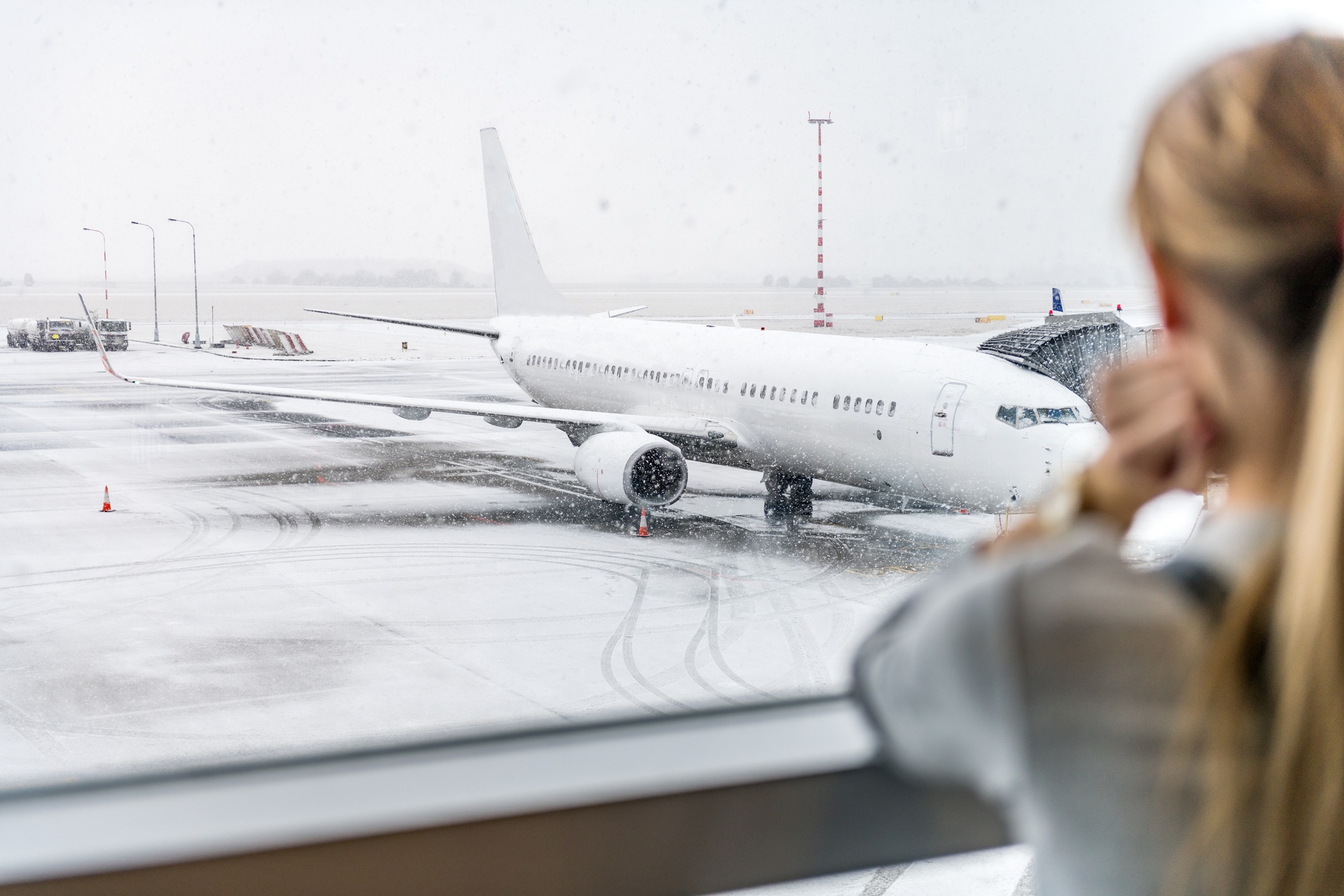Editor’s note: This Week in Travel (TWT) is your essential guide to smoothing the road from here to there for your attendees and yourself.
Travel Forecast Sees Wobbly Recovery
U.S. Travel Association has released its biannual forecast for travel through 2026—including both travel spending and volume—which projects that all segments of travel, in spite of rising inflation, will likely surge in the short term due to pent-up demand and consumer savings. The survey says, though, that this is not expected to last, leading to slower growth in the later years of the forecast.
U.S. Travel estimates that $1.05 trillion (in 2019 dollars, adjusted for inflation) will be spent on travel in the United States in 2022, but this is still 10% below 2019 levels and 16% below where it should have been in 2022, if not for the pandemic.
The forecast projects that domestic business travel volume will reach 81% of pre-pandemic levels in 2022 and 96% in 2023. Domestic business travel spending, when adjusted for inflation, will not fully recover to pre-pandemic levels within the range of the forecast.
International inbound travel is making strides toward recovery, aided by the recent repeal of the inbound pre-departure testing requirement. The sector is projected to grow rapidly through the rest of 2022, and then grow at a slower pace in 2023-2026. A full recovery to pre-pandemic levels (volume and spending) is not expected until 2025.
U.S. Travel said policy changes could help growth in the sector. If the U.S. reduces wait times for visitor visa interviews to less than 30 days, the U.S. could gain an additional 2.2 million international visitors and $5.2 billion in spending by the end of 2022, the organization says.
Read More: U.S. Travel Is Up, But Not Out of Weeds Yet
Flight Attendant Lays Down the Law
A self-described “flight attendant” named Kristie Koerbel went viral on Facebook with a post shared over 90K times.
“Flying this summer is ROUGH!!!,” Koerbel says, who then goes on to list tips such as “Things are not good…if its less than 7 hours – DRIVE! I’m not kidding. There is nothing enjoyable about flying right now…”
Koerbel goes on to list some tips if you must fly, such as download and use the app of the airline you are flying. “Usually these apps will tell you a flight is canceled before the crew even knows!”
She also suggests passengers should “Fly MUCH earlier than you need to – a whole day early if its [sic] important!!! This week I saw many people miss important things like weddings, funerals, cruises, international connections, and graduations. The tears were very real, for very real reasons, and there was nothing I could do! If you have to be somewhere, spend the extra money, go a day early. Have a glass of wine and stay in a hotel, enjoy your night not being stressed while everyone misses their events.”
Other points of use to meeting planners: “ALWAYS fly the first flight in the morning so you have all day to be rebooked if the s—t hits the fan. Yes, that means it might be a 3:00 alarm, but morning flights don’t cancel nearly as often.”
She also recommends long layovers (one hour is not enough anymore, she says and recommends a three-hour minimum).
She warns against connecting in Newark (or any New York airport) “It is literal hell,” she says.
Flight cancellations, weather issues and staffing (including pilot) shortages have caused chaos in airports and in-flight and on the tarmac both nationally and internationally.
On June 23, FlightAware listed 9,176 delays as of noon and 2,221 cancellations at that time with potentially hundreds more to come.
Read More: Flight Cancellations by the Thousands—Does Your Travel Insurance Cover the Cost?
STR Records Highest Occupancy Level of Pandemic Era
Hotel revenue per available room (RevPAR) has reached an all-time weekly high (adjusted for inflation) according to data for the week of June 12 through June 18 released this week by STR.
June 12-18, 2022 (percentage change from comparable week in 2019*):
- Occupancy: 71.8% (-4.8%)
- Average daily rate (ADR): US$155.02 (+14.9%)
- Revenue per available room (RevPAR): US$111.29 (+9.4%)
The occupancy level was the highest of the pandemic-era thanks to the country’s highest weekly demand (28 million room nights sold) since August 2019. While occupancy was up, the occupancy comparison with 2019 softened slightly from the week prior. ADR was down marginally from the previous week as was the ADR comparison to 2019.
Among the top 25 markets, San Diego saw the only occupancy increase over 2019 (+0.5% to 86.0%). New York City (86.6%), San Diego and Seattle (85.0%) led the major markets in absolute occupancy for the week.
United, American Airlines Announce Cuts

United Airlines announced that it would cut 50 daily departures from Newark, New Jersey, starting July 1, which represents a 12% cut in the airlines service there.
United’s Executive Vice President of Operations Jon Roitman said in a statement that the move is meant to keep things operating smoother after a series of bad days so far this summer.
“After the last few weeks of irregular operations in Newark, caused by many factors including airport construction, we reached out to the FAA and received a waiver allowing us to temporarily adjust our schedule there for the remainder of the summer,” Roitman continued. “We do not anticipate any schedule changes at our other six domestic hubs this summer.”
In another airline cut, American Airlines announced that it would end service to Islip and Ithaca in New York; Toledo, Ohio; and Dubuque, Iowa. The airline cited pilot shortage—a problem causing flight delays and flying chaos worldwide—as the cause for the cancellations.
“We have 100 regional aircraft on the ground that we want to fly but can’t due to lack of regional pilots,” American Airlines spokesperson Brian Metham said in a statement. “Like many network carriers, we have reduced our regional flying in recent months in response to the regional pilot shortage.”
Meeting planners takeaway: Flight chaos continues. Cancellations, delays and price hikes continue to plague travelers. While the airline industry struggles to manage the crisis, planners should take heed of the viral flight attendants’ comments above: if you are booking clients’ airfare, do not book short layovers, use the most flexible airfares possible and consider booking nearby hotel rooms for passengers who have tight connections that can’t be changed.
As “pent up” vacation demand abates after the summer holiday season and airlines add needed staff, these issues may improve after Labor Day but plan cautiously when it comes to flying on either short or long-haul flights.
If your meetings are international, note these issues are occurring globally, not just in the U.S.




